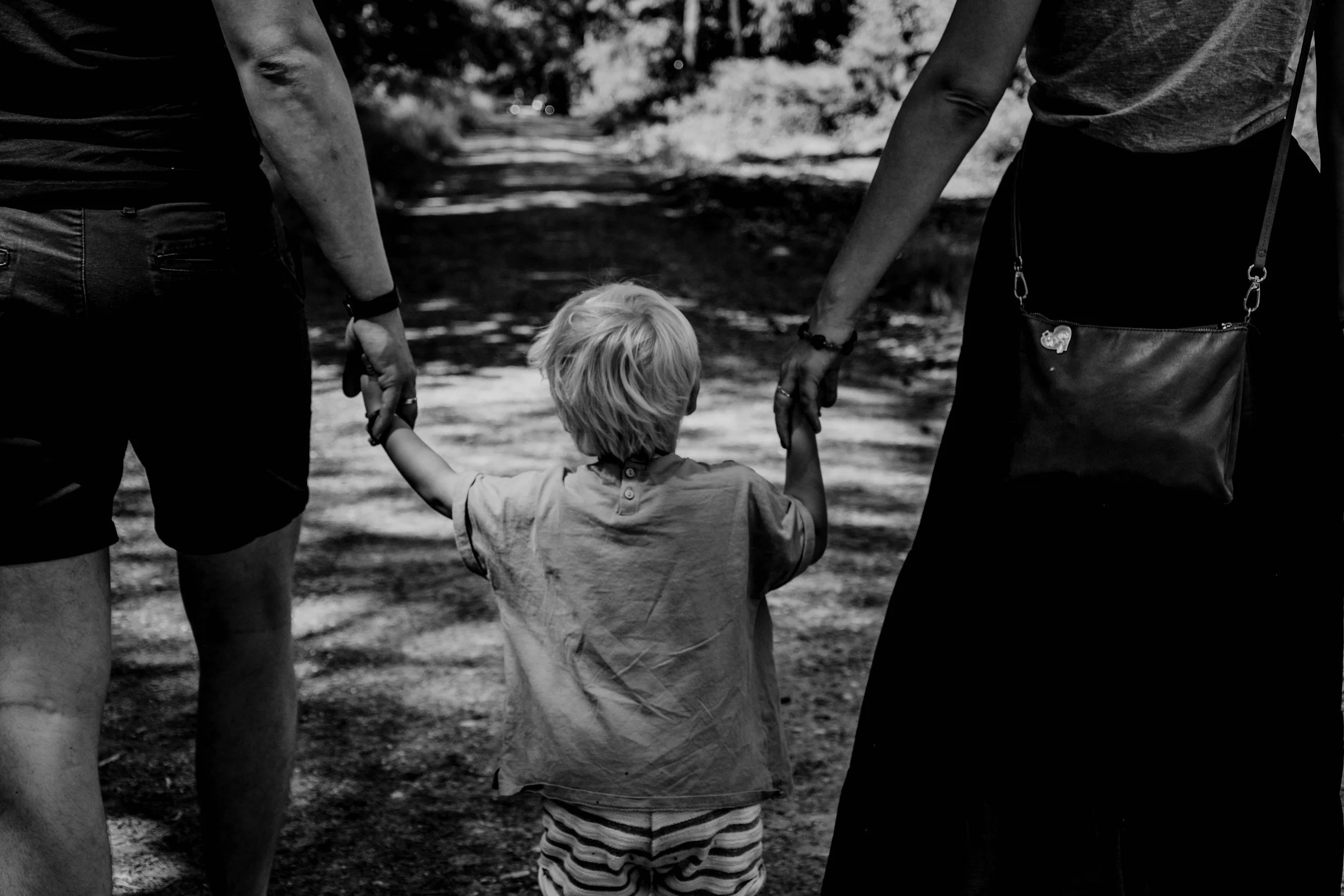During cancer treatment, life can narrow to one simple goal: getting through each day. There can be moments of hope followed by waves of fear, gratitude mixed with exhaustion, and a sense that emotions change faster than you can keep up. Many people say they feel as though their minds and bodies are in constant survival mode, with little energy left for reflection or self-care. Yet this phase of treatment is also a time when psychological support can make a real difference, helping you steady yourself in the midst of uncertainty and find a little more ease along the way.
Why emotions fluctuate so much during treatment
It is common to feel that your emotions are unpredictable during treatment. One day you may feel determined and focused, the next you may feel flat, tearful, or irritable. This variability is not a sign of weakness. Cancer treatment places intense demands on the body and mind, and both physical side effects and medical uncertainty can amplify emotional distress. Fatigue, pain, medication effects and disrupted routines all influence mood and concentration. Psychologically, treatment can trigger fears about the future, loss of control, and a longing for life to feel normal again. Understanding that this rollercoaster is part of the process can itself bring relief, as it means you are responding in very human ways to an extraordinary situation.
Regaining a sense of stability when everything feels uncertain
During treatment, many people describe feeling at the mercy of hospital appointments, results and medical decisions. It can help to focus on what is within your control, however small that might seem. Establishing gentle daily rhythms such as regular meals, rest periods, short walks, or connecting with a friend creates a sense of structure that supports emotional steadiness. Even choosing what to wear to treatment or what music to listen to on the way can remind you that you still have agency.
Therapeutically, grounding techniques can be valuable. These involve bringing attention back to the present moment when anxiety or overwhelm rises. This might mean slowing your breathing, naming five things you can see around you, or placing a hand over your heart and acknowledging, “This is hard, and I’m doing my best.” Such small acts of mindfulness or self-compassion signal to the nervous system that it is safe to soften, even briefly.
The emotional load of “keeping strong”
People going through treatment often feel pressure, from themselves or others, to stay positive. While optimism can be helpful, constant positivity can also become exhausting. It can prevent you from expressing the full range of feelings that naturally arise, such as anger, sadness or fear. Therapy offers a space where all of these emotions can be heard without judgement. Allowing yourself to express vulnerability does not mean you are giving up, it means you are processing what is happening rather than carrying it alone.
Approaches such as compassion-focused therapy and Acceptance and Commitment Therapy (ACT) can be particularly helpful here. They support you in meeting difficult feelings with understanding rather than criticism, and in connecting with your values, what truly matters to you, so you can find meaning and direction even within treatment.
How therapy can support you during active treatment
Therapy during cancer treatment does not necessarily involve deep exploration of the past. Often it focuses on helping you stay grounded and supported in the present. Sessions might include strategies for managing anxiety before scans, techniques for pacing and energy conservation, or ways to communicate your needs to loved ones or your medical team. If you notice distressing images or sensations linked to your diagnosis or treatment, therapies such as EMDR can gently help the body process those memories so they no longer feel overwhelming.
Therapists experienced in oncology understand the unique pressures of treatment. The work is collaborative and flexible, adapting to your medical schedule and energy levels. Even short interventions can improve quality of life, reduce distress, and strengthen your ability to cope with what lies ahead.
Looking after your mind as well as your body
It can be easy to prioritise the physical aspects of treatment and overlook emotional wellbeing. Yet the two are deeply connected. When the mind feels calmer, the body often rests and heals more effectively. Psychological support is not about taking away difficult emotions but about helping you feel less consumed by them. Over time, many people notice they can face treatment days with more steadiness, communicate more openly, and reconnect with moments of ordinary pleasure.
Small acts of self-care, such as listening to music, sitting outside for a few minutes, or simply resting without guilt, are not luxuries. They are vital tools for resilience. When you can treat yourself with kindness, even in the midst of illness, you strengthen the inner resources that help you endure and recover.
Moving forward, one step at a time
You do not need to face cancer treatment in silence or isolation. Psychological support can sit alongside medical care, offering you a safe space to make sense of your experiences, manage anxiety, and find ways to live meaningfully even during uncertainty. Step by step, you can build a sense of steadiness, compassion and connection that carries you through treatment.




